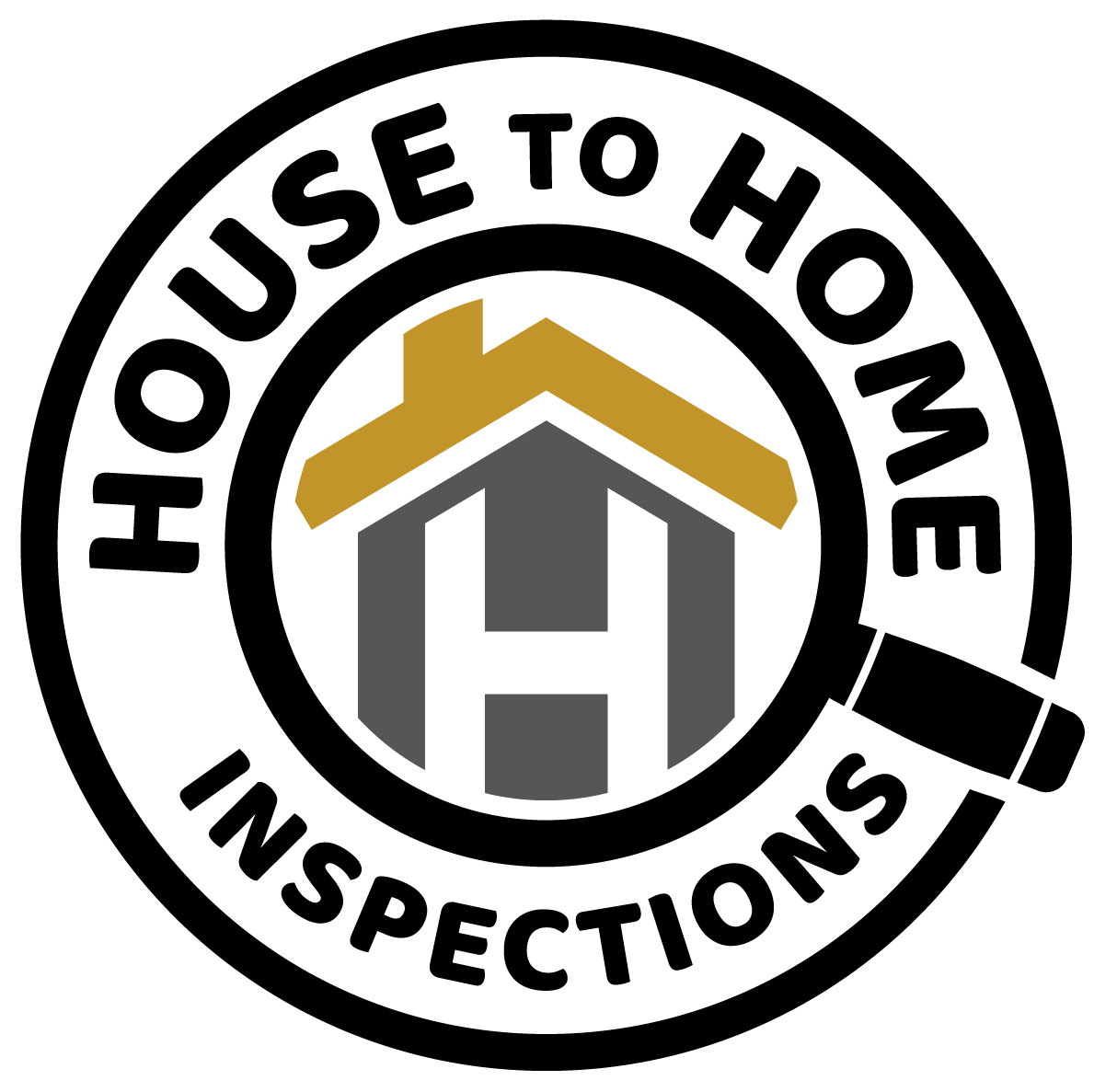House to Home Inspection Blogs
Choosing the Right Home Inspector
Buying or selling a home, choosing the right home inspector is very important to saving you money in the long run. Home inspectors provide a professional assessment of a home and are looking for age related defects, poor workmanship and safety hazards. Buyers normally employ a home inspection clause in their agreement to purchase in order to evaluate the property prior to closing the deal to protect themselves against hidden costly repairs. Sellers typically use inspectors in one of two ways: first, to establish the work that should be done prior to listing the home to eliminate surprises and price reduction requests by the buyers, secondly, to prepare an assessment report for the property which can be provided to potential buyers to maximize bids in a bidding war scenario. Both of these approaches maximize the amount that the home will sell for.
If getting a home inspector is so crucial in buying or selling a house, then what should be considered when choosing the best home inspector out there?
Credentials
When shopping around for an inspector, ask what formal training the inspector has had. What type of experience they have with homes in general. If an inspector has never really had much for hands on experience in the construction industry they may miss things that someone who has had years of building experience may not.
Home inspectors have often been working in another field prior to becoming an inspector. Ask about their experience and ensure that they have a relevant technical background.
Beware home inspector organizations or credentials that can be acquired online! Credible Home Inspectors have trained in school to have the required knowledge to do their jobs
I am a Licensed Home Inspectors with the APHIS - Formally CAHPI, the local chapter of CAHPI. (The Canadian Association of Home and Property Inspectors)
Reporting
Ask for a sample home inspection report. Do they provide detailed narrative reports or simple checklists? Is the report mainly information specific to the home or is it a lot of filler and template? Ask if the inspector takes photos and do they provide them with the report? Annotated defects photos are invaluable in understanding the issues and facilitating the critical communication between buyers, sellers, realtors and lawyers to get a deal to close.
Reputable inspectors and members of professional associations are required to carry Errors and Omissions (E&O) insurance, inquire about what coverage the inspector has.
Thoroughness
Ask about how long the inspection will take. A quality inspection of a 2000 ft2, 25 year old home will take approximately 2.5 – 3 hours to conduct, including a thorough onsite investigation, touring the home with the client and answering any questions that the client may have. Inspections of larger and older homes take longer and ideally a 4 hr window. Inspectors that quote inspection times as short as 1 hour may not be as detailed as they should be. Ask if you should be at the inspection, in my opinion it is very important for you to be there. This is your chance to ask questions and see the issues first hand.
Cost
Cost should not be your number one factor when selecting an inspector. Reputable inspectors must set slightly higher prices to cover the costs of their continuing education, insurance, and high end tools and are not usually willing to negotiate. Why would you get the cheapest inspector when you are making the most important investment of your life? Why does that inspector charge less? Hidden costs in houses can easily extend into the tens of thousands and in the worst case, hundreds of thousands. Unaddressed or undiscovered safety hazards could put your family at risk. This is not the time to pinch a few pennies, the stakes are too high. Reputable inspectors will typically charge between $500 and $600 for a standard home inspections while larger and older homes cost more.


